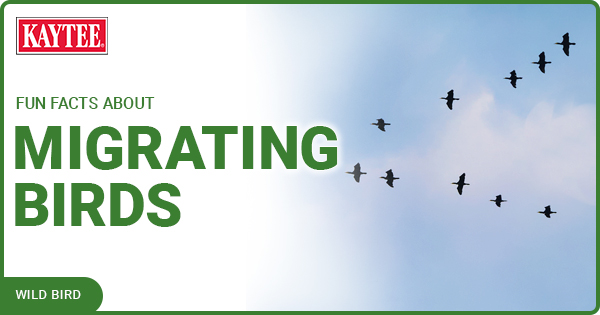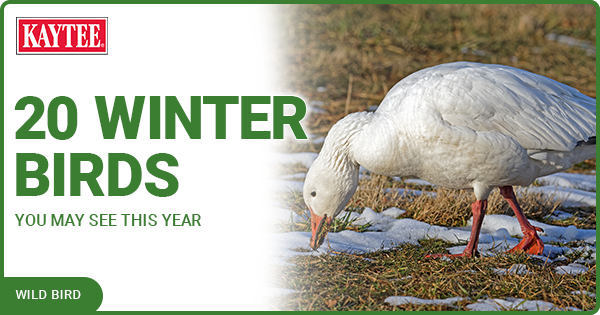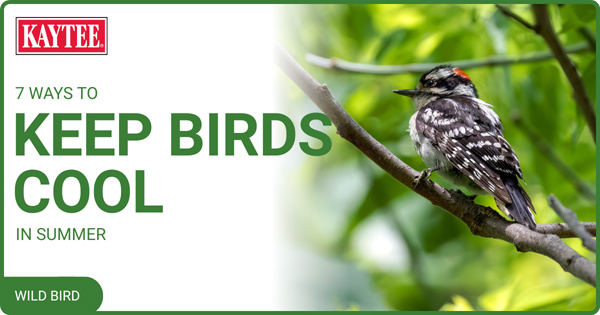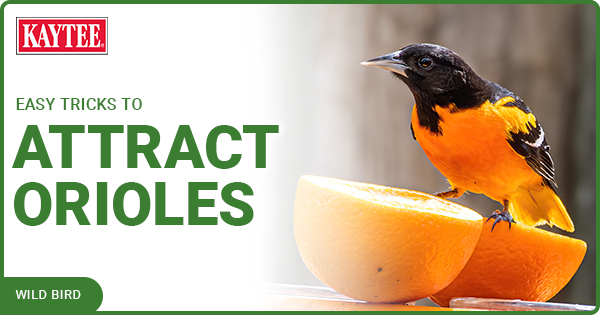What Do Birds Eat in Winter
It's all about the calories!
Suet
The heavy hitter of high energy cold weather bird food is suet and usually the first item that comes to mind when thinking about what birds eat in the winter. These dense “combination cakes” are a smorgasbord of protein, fiber and mostly fat; all critical nutrients for winter survival. Suet cake options are available with a bit of extra nutrition in the form of added berries, peanuts and sunflowers.
Seeds
The high energy seeds beneficial to birds in winter include safflower, striped and black-oil sunflowers and peanuts. The versatile peanut is a member of the legume family (like beans, peas and others that grow as a seed in a pod). This highly nutritious food, along with black-oil sunflower is a favorite of blue jays, northern cardinals, woodpeckers, chickadees, nuthatches, titmice and others. Peanuts and sunflower seeds can be offered raw (in or out of the shell) or even dry-roasted, but never salted.
Small seeds, such as millet mixes, are a good compliment scattered on the ground or in open trays. This will give the doves, sparrows, juncos, and others who prefer not to perch on a feeder ample space to feed.
Snowy weather tip: Stomp around and under feeders to keep the snow packed and the seed more easily accessible.
Small seeds, such as millet mixes, are a good compliment scattered on the ground or in open trays. This will give the doves, sparrows, juncos, and others who prefer not to perch on a feeder ample space to feed.
Snowy weather tip: Stomp around and under feeders to keep the snow packed and the seed more easily accessible.
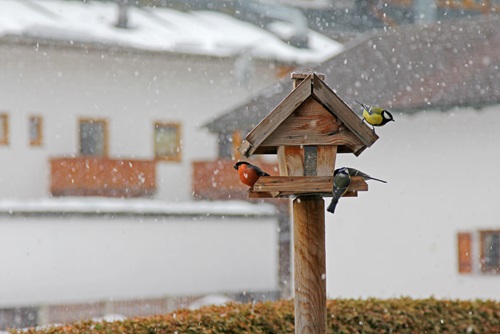
Nyjer®
This tiny, oily seed is encased in a shell although it appears that the birds are swallowing them whole. Kaytee Nyjer® Seed is a year-round favorite that is particularly beneficial during the long, cold winter months. Goldfinches and their finch relatives, along with pine siskins, buntings, sparrows and even a woodpecker, titmouse and chickadee will visit for a bite.
Insects in winter?
Some species, like the golden-crowned kinglet, are not particularly attracted to feeders. They prefer insects. When winter arrives, they spend most of their time foraging. They check under the bark of trees, amongst evergreen leaves, in the ground and in other hidden spaces for overwintering mature and pupae members of the bug world.
As in other seasons, it's important for overall bird health to keep all winter feeders clean, well-stocked and hanging in predator-safe locations.
Insects in winter?
Some species, like the golden-crowned kinglet, are not particularly attracted to feeders. They prefer insects. When winter arrives, they spend most of their time foraging. They check under the bark of trees, amongst evergreen leaves, in the ground and in other hidden spaces for overwintering mature and pupae members of the bug world.
As in other seasons, it's important for overall bird health to keep all winter feeders clean, well-stocked and hanging in predator-safe locations.
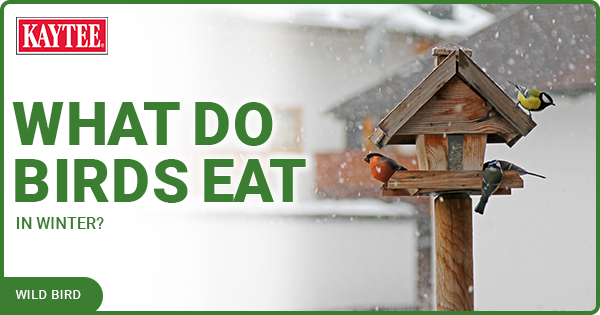
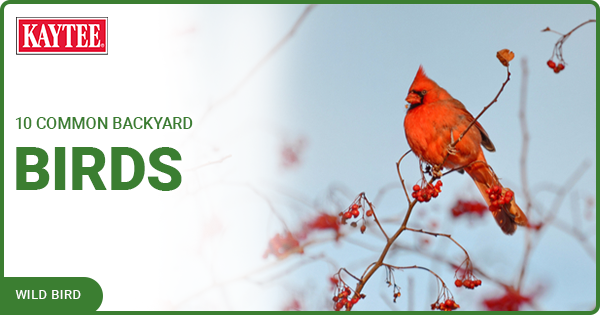
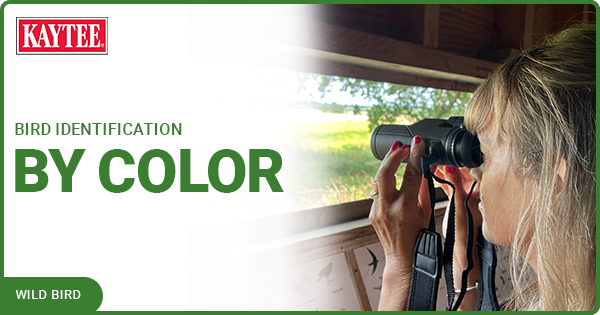
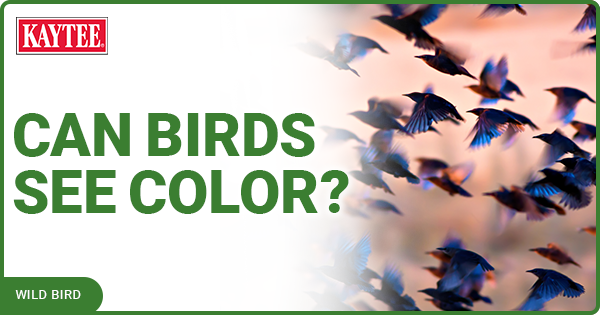
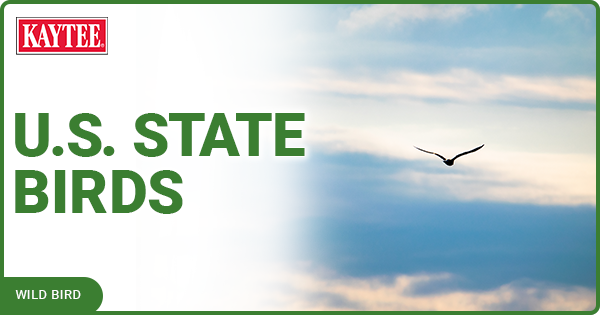
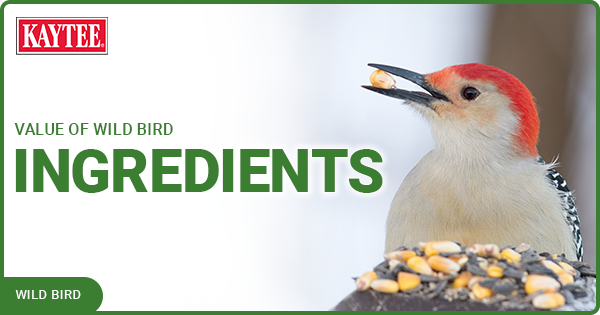
.png?h=315&iar=0&w=600&hash=9C09A701CB4D5CF9B2C5B7FA2DA01F2E)
